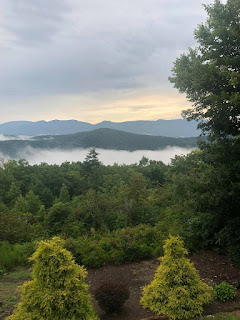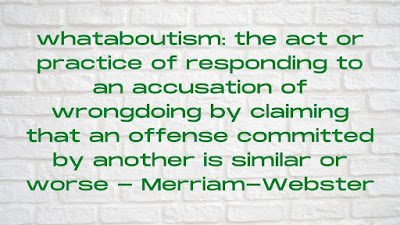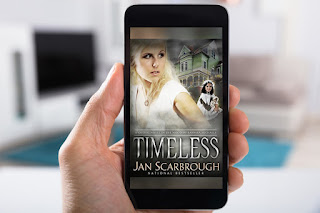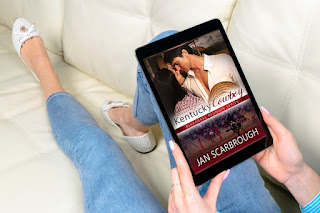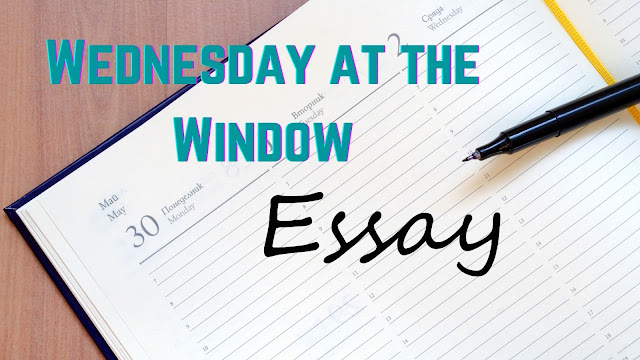“Banning books gives us silence when we need speech. It closes our ears when we need to listen. It makes us blind when we need sight.” ~~ Stephen Chbosky
 |
| Stephen King |
***
My son came home from school the other day and told me that
someone had submitted a list to the powers that be at his school, requesting
that books named on that list be eliminated from the school library.
Apparently, the person who made the list did not want his or her child reading
those books.
That’s fine by me, but don’t tell my child he can’t. Or the
girl down the road that she can’t. Or all the other kids in the school that
they can’t.
Books in school libraries are chosen by people who know
children, like children, and want what is best for children. Their choices are
not always perfect, but they are made with the people in mind who are going to
be reading the books. If they chose with the idea that they were going to
please everyone, their choices would be a lot easier.
But the library’s shelves would be bare.
The Bible would be gone. Mark Twain would be gone.
Judy Blume would be gone. Nathaniel Hawthorne would be gone. Dr. Seuss,
Margaret Mitchell, and, of course, Stephen King would not be allowed through
school doors. Because they all offend someone, sometime, somehow.
I personally don’t read Stephen King’s books. He scares the
bejesus out of me and keeps me awake at night. So I don’t read them. But I have
a kid who does, and he finds things in Stephen King’s writing that I can’t find
and don’t want to take the time to look for simply because I don’t like being
scared. (Note in 2017: In 2001, Stephen King wrote my favorite book on
writing of all time, called On Writing - A Memoir of the Craft—go
figure.)
A young lady named Christy Martin recently had a “Student
View” published in the Peru Daily Tribune that made a lot of sense to
me. It concerned the labeling and banning of certain records, most notably
those by the group 2 Live Crew. The statistics quoted in the article supported
informative labeling, but “banned the ban.”
Books, like records, are often “insulting, repulsive,
offensive, sexist, and utterly distasteful,” as Miss Martin said, but it is
never up to one person or one special interest group or one church congregation
to decide for everyone. Let them be labeled like movies and records, if
necessary, but don’t try to ban them.
It is most certainly within parents’ rights to demand that
their children not be required to read material they do not approve of and it
is the school’s responsibility to honor these demands, but let it stop there.
My children all read Robert Cormier’s The Chocolate War in
school. I read it when they did, all three times, and never did learn to like
it, but they did. At least one parent I know requested that his children read
an alternative selection and his request was honored. It was enough.
I told my kids I didn’t want anything by 2 Live Crew in the
house, just as my mom never let me play the Kingsmen’s “Louie, Louie” at home.
I found out that a 2 Live Crew tape has been in my son’s room for a couple of
years now, just as “Louie, Louie” became one of my favorites. I can’t help but
wonder, if I’d never said a word pro or con, if my kids weren’t smart enough to
decide about 2 Live Crew on their own, and I can’t help but wonder if Mom
shouldn’t have listened to the Kingsmen and to me before banning “Louie, Louie”
from the house, thereby practically forcing me to embrace it as a rock-and-roll
legend to be forever loved and defended.
But it is my house, and if I find 2 Live Crew offensive, it
is okay for me to ban it—or at least try to. If my mother thought “Louie, Louie”
was a dirty song, it was all right for her to ban that in her house, too.
But not in your house. That’s your business. And not in the
school attended by my children. That’s my business.
Added in 2020. It got done at that time. The book in
question was banned because one mother didn’t want it there. And, oh, my gosh,
there are people who would ban everything in libraries now if given the
chance. Because there was a lot of ugliness in history, just as there is now.
Because writing was done using the morals, ethics, and mores of the time and
sometimes they stunk. Because people today are sometimes hurt by what was
written then.
I think they would be more hurt by hiding the existence of
the way things were then; banning the existence of those books would give way
to denial of those flaws.
It would also be throwing out the good with the bad. One of
my favorite authors for teenage girls was Janet Lambert, from Crawfordsville,
Indiana. I read every word she ever wrote and loved them all. I learned many
things from them. Good things. But in those books, I don’t recall there ever
being a black person who wasn’t a servant. I don’t believe she would write that
way today—at least, I hope she wouldn’t—but reading them not only taught me
good things, it made me pay attention to others that weren’t so good.
Paying attention is important.
I’m not saying all books are good. I’m saying there are no
limits to what you can learn if you read. And if you pay attention. What others
read isn’t your business, but there’s no other way for you to argue points than
if you’re fully armed with facts and knowledge of both sides of a situation.
Added in 2022. By introducing House Bill 1134 into discussion at the Indiana General Assembly, the State Legislature is leaning even heavily than usual into banning books that might be uncomfortable for some from the classroom, into demanding more from its teachers than can ever be delivered, into doing full-on destruction to public education. I don't know enough, frankly, to argue all the points within the bill or the demands it is making, but teachers do. Principals do. As I said up there--and surely I'm not the first person to say it--paying attention is important. Contact your representative and request an unbiased and easily understood explanation his or her vote.
Like so many times now, I don’t have a neat, tied-in-a-bow
ending here. Just read. Learn. Listen. Pay attention. Inform. Have a great week. Be safe. Be nice to
somebody.








